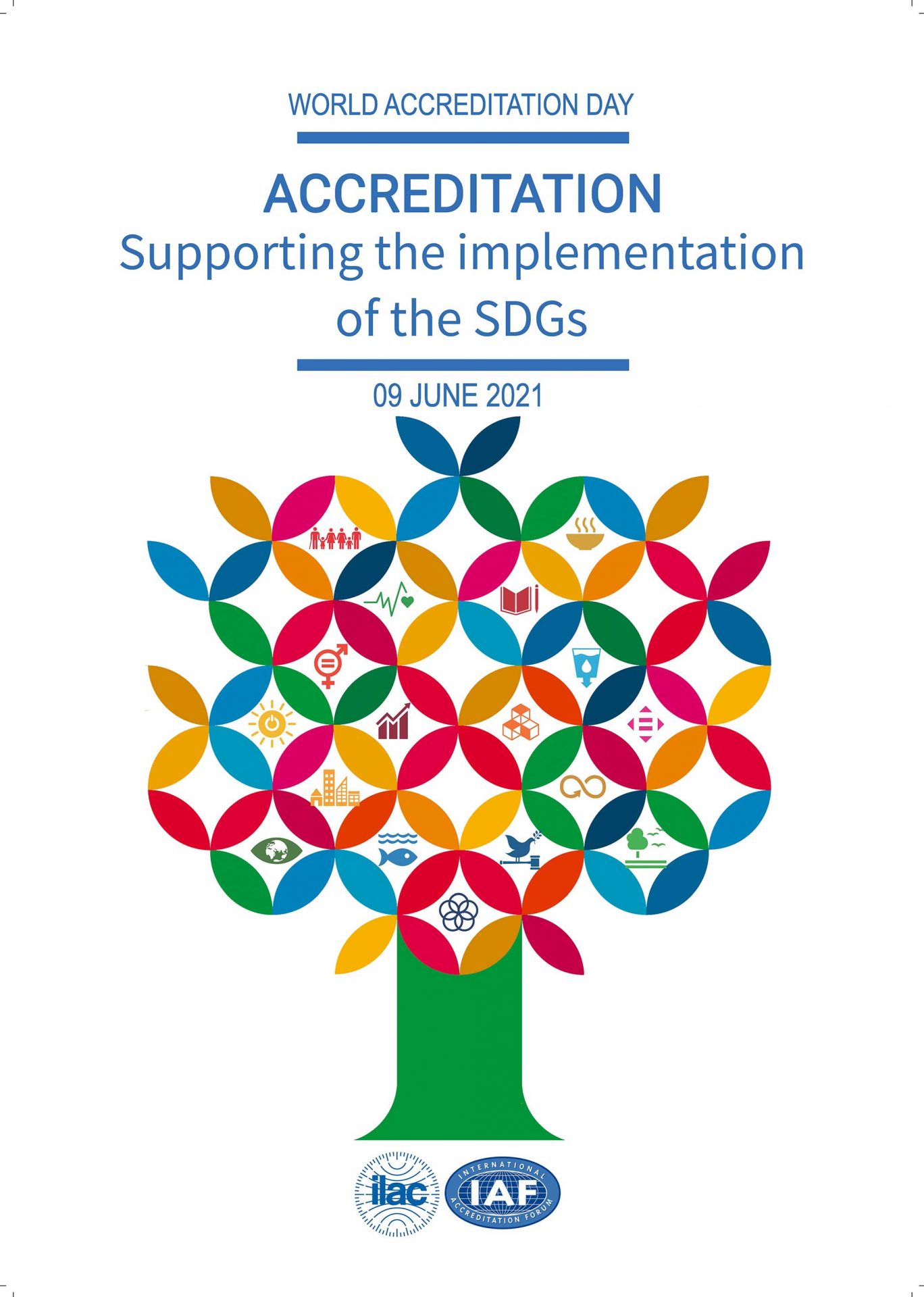Accreditation has a positive impact on consumers, suppliers, purchasers, and regulators across industries and organisations all over the world. Proper accreditation and certification can demonstrate necessary expertise and training, and ensure quality and reputability.
That’s why CRI Group™ and its ABAC™ Center of Excellence celebrates World Accreditation Day on Wednesday, 9 June 2021. We understand that being affiliated with leading certification and accreditation bodies around the globe provides assurance to our clients, partners, and governing organisations that we have the highest level of knowledge and rigorous testing that our field requires.
World Accreditation Day (#WAD2021) is a global initiative established by ILAC and IAF to promote the value of accreditation. This year’s theme is Accreditation: Supporting the Implementation of the Sustainable Development Goals (SDGs): “The SDGs are at the core of the United Nations’ 2030 Agenda for Sustainable Development, a broad and ambitious plan of action with the overarching objective of leaving no one behind. Accreditation, in collaboration with other quality infrastructure institutions, provides the technical foundations that are critical to the functioning of developed and developing societies. It enables industrial development, trade competitiveness in global markets, efficient use of natural and human resources, food safety, and health and environmental protection”.
While the COVID-19 pandemic might have disrupted the WAD celebration this year, CRI Group™ and ABAC™ encourage you to celebrate with us online while sharing Joint Statement, Poster, Brochure and videos from the IAF-ILAC Youtube channel published by IAF and ILAC for WAD 2021 to raise awareness on the value of accreditation and look into our certification opportunities and how can it help you to contribute to UN’s SDGs.



CONTACT US
Headquarter: +44 7588 454959
Local: +971 800 274552
Email: info@crigroup.com
Headquarter: 454959 7588 44
Local: 274552 800 971
Email: info@crigroup.com
NEWSLETTER SUBSCRIPTION